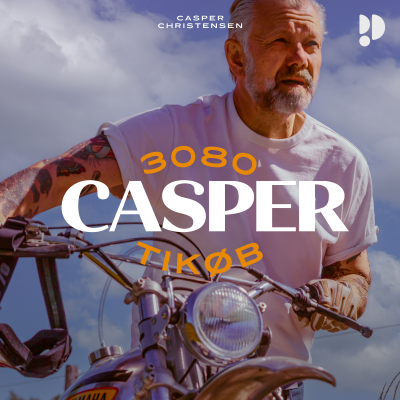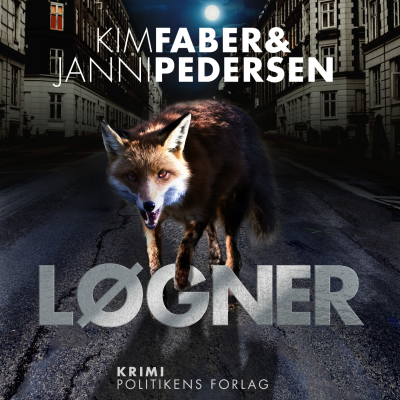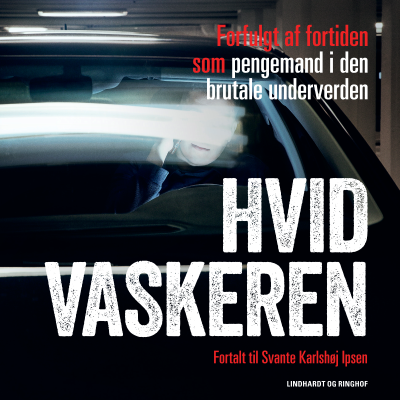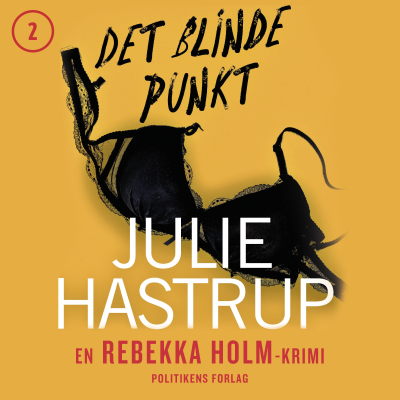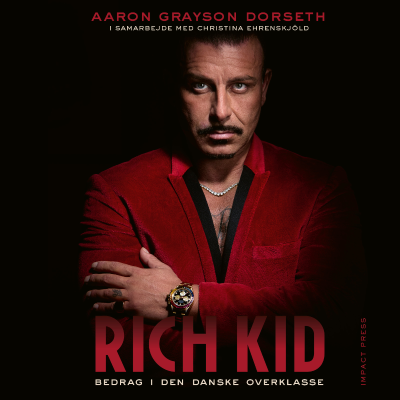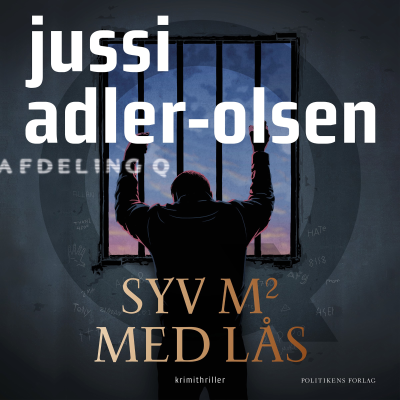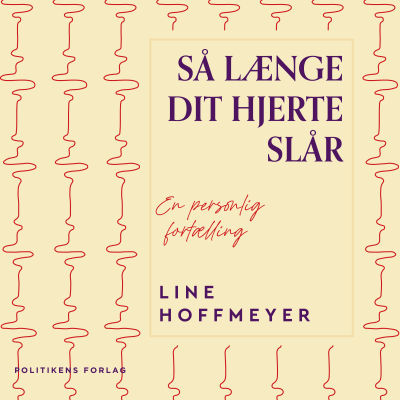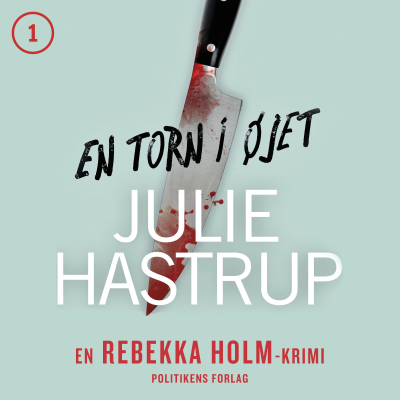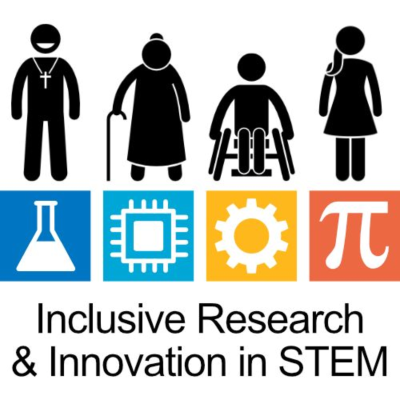
Podcast on Inclusive Research and Innovation in Science, Technology, Engineering and Mathematics
Podcast by Dr. Claudia Werker
This podcast series explores projects about inclusive research innovation (IRI) in science, technology, engineering and mathematics (STEM). IRI takes ...
Start 7 days free trial
After trial, only 79,00 kr. / month.Cancel anytime.
All episodes
8 episodesDavid Abbink from Delft University of Technology, the current winner of the prestigious Stevin bonus, shares insights on his research on the future of work. Together with the host, Dr. Claudia Werker from the same university, he has been working together in a vision team on robots at work. This is the last episode of our podcast series on Inclusive Research and Innovation (IRI) in Science, Technology, Engineering and Mathematics (STEM) before the summer break. David Abbink is a full professor in haptic human-robot interaction and a mechanical engineer specializing in sensory motor control. He shares his journey from initially focusing on human-robot interaction within traditional engineering disciplines to embracing a more interdisciplinary and transdisciplinary approach. This approach involves collaborating with social scientists, designers, and industry stakeholders to develop innovative and inclusive technological solutions. David highlights the significance of considering the diverse needs of workers in different industries throughout the research and development process. The goal of technological interventions are not only to improve efficiency but also job satisfaction and inclusivity. He emphasizes the importance of responsible research and innovation in his interdisciplinary work and discusses the challenges of adapting technologies to diverse and challenging work environments.
Needs in mobility differ considerably for people of different age, gender, income, and environmental awareness. In the episode of our podcast series on Inclusive Research and Innovation (IRI) in Science, Technology, Engineering and Mathematics (STEM) Mara Tanelli from Politecnico di Milano shares how to develop inclusive mobility systems for everyone with the host, i.e. Claudia Werker from Delft University of Technology. In particular, Mara discusses how researchers can utilize data to construct these systems by focusing on technology adoption drivers, building social networks, and designing equitable policies within her data-driven framework. She highlights the importance of data privacy and the value of interdisciplinary collaboration with social scientists and policymakers to create inclusive technologies. Mara Tanelli combines her tasks as a full professor in Automatic Control at Politecnico Milano with being her rector’s delegate for diversity and inclusion. Mara and Claudia are both members of the IDEA League’s working group on Gendered and Inclusive Research and Innovation. In this network, they have been working on how to make inclusive research and innovation the gold standard in STEM research and innovation.
How can researchers make the design of medical devices more inclusive? Measuring characteristics of patients correctly can make all the different, e.g. in surgery, because it improves effectiveness of outcomes. In this episode of our podcast series on Inclusive Research and Innovation (IRI) in Science, Technology, Engineering and Mathematics (STEM), Prof. Dr. Domenico Della Volpe from Geneva University shares insights on his research with the host, Dr. Claudia Werker from Delft University of Technology. Both have been working on the @ATTRACT [https://eur03.safelinks.protection.outlook.com/?url=https%3A%2F%2Fwww.linkedin.com%2Fcompany%2Fattract-eu%2Fabout%2F&data=05%7C02%7CF.Konstantinidis%40student.tudelft.nl%7Cdeac404da9e44650207d08dc69a0a922%7C096e524d692940308cd38ab42de0887b%7C0%7C0%7C638501385944624826%7CUnknown%7CTWFpbGZsb3d8eyJWIjoiMC4wLjAwMDAiLCJQIjoiV2luMzIiLCJBTiI6Ik1haWwiLCJXVCI6Mn0%3D%7C0%7C%7C%7C&sdata=Jw34fuzZnAdppJrper4AEqCM7J5YmrtYGhlAiMviLAQ%3D&reserved=0]project: Domenico on the engineering side and Claudia on the business side of the project. Dominico Della Volpe is a particle physicist with a keen interest in Radio-Guided Surgery (RGS) in nuclear medicine. In this podcast, he shares his journey developing a new medical device, POSICS-2, for tumor treatment through RGS, highlighting how the diverse needs of individuals influence the final design of such devices. Domenico stresses both the vital role of interdisciplinary collaboration and the need to address unconscious biases in research to make Inclusive Research and Innovation in STEM happen. Learn more about the development of POSICS-2 tumour treatment medical device within the ATTRACT project: https://phase2.attract-eu.com/projects/posics-2/ [https://phase2.attract-eu.com/projects/posics-2/]
We are halfway through our first season and thought it was time to introduce the host of the podcast series Inclusive Research and Innovation (IRI) in Science, Technology, Engineering and Mathematics (STEM)! In this special mini-episode, research assistant Tian Qing Yen interviews the host of the series Dr. Claudia Werker from Delft University of Technology. Claudia explains how she became interested in IRI in STEM and shares some of the challenges and opportunities she has faced in both doing research on and promoting IRI in STEM.
Speech recognition and processing tools are everywhere – from speech-to-text transcription, to voice commands on your phone, to filtering background noise in video calls. However, many automatic speech recognition systems do not perform as well with diverse speakers, i.e. people with an accent, with a speech impediment, or even young or old speakers. Adjusting this technology to recognize different ways of speaking has the potential to make these systems and the tools that depend on them more accessible and inclusive. What challenges and opportunities are there for developing and using more inclusive speech recognition and processing? In this episode of our podcast series Inclusive Research and Innovation (IRI) in Science, Technology, Engineering and Mathematics, Dr. Claudia Werker from Delft University of Technology talks to her colleague Dr. Odette Scharenborg from the same university. Dr. Scharenborg’s research looks at how to improve speech recognition systems for non-standard speakers. She explains that while acquiring and processing the varied data she needs for her work is challenging, it has also led to opportunities to connect with diverse speakers, to advocate for them, and to help them practically navigate using speech recognition tools. Learn more about Dr. Scharenborg's research: * Feng, S., Halpern, B., Kudina, O., & Scharenborg, O. Towards inclusive automatic speech recognition [https://www.sciencedirect.com/science/article/pii/S0885230823000864] (2024) * Feng, S., Kudina, O., Halpern, B., & Scharenborg, O. Quantifying bias in automatic speech recognition [https://arxiv.org/abs/2103.15122] (2021)
Available everywhere
Listen to Podimo on your phone, tablet, computer or car!
A universe of audio entertainment
Thousands of audiobooks and exclusive podcasts
No ads
Don't waste time listening to ad breaks when listening to Podimo's content.
Start 7 days free trial
After trial, only 79,00 kr. / month.Cancel anytime.
Exclusive podcasts
Ad free
Non-Podimo podcasts
Audiobooks
20 hours / month

